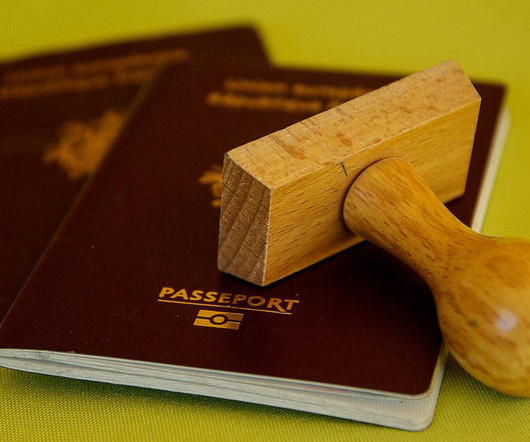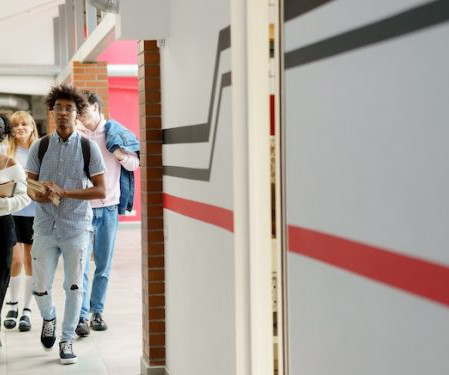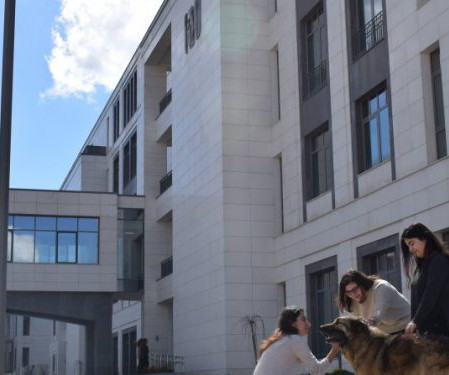Special category visas announced for India-bound int’l students
The PIE News
JANUARY 9, 2025
The SII portal, a flagship initiative by the Ministry of Education, connects international students with premier Indian educational institutions.

The PIE News
JANUARY 9, 2025
The SII portal, a flagship initiative by the Ministry of Education, connects international students with premier Indian educational institutions.

The PIE News
JANUARY 23, 2025
Launched in August 2023 by the Ministry of Education, the SII portal attracted over 72,218 students from 200 countries for the academic year 2024/25, according to a report by The Times of India. One of the major advantages of the Study in India portal is the increased visibility.
This site is protected by reCAPTCHA and the Google Privacy Policy and Terms of Service apply.

The PIE News
DECEMBER 30, 2024
On the heels of the first Saudi-US Higher Education Partnerships Forum, co-organised by the Saudi Arabian Ministry of Education, the US Embassy, and IIE, and held in Riyadh, The PIE sat down with Michael Ratney, US ambassador to Saudi Arabia to explore the evolving landscape of educational collaboration between the two nations.

The PIE News
FEBRUARY 15, 2023
The UAE’s ministry of education has released an innovation strategy in an attempt to promote “the development of creative ideas and capabilities”. How this will be achieved, or what will be included in the infrastructure, has yet to be announced. “We

The PIE News
OCTOBER 13, 2023
This can range from using STEM skills to create solutions for issues around climate change, in the fields of medicine and engineering, or in the productive use of artificial intelligence – to the societal and economic challenges of a globalised society, where world conflict and economic distress can be felt across borders.

The PIE News
AUGUST 20, 2024
With outbound student mobility from Nepal figuring among the highest in the world, at 19%, Nepalese students require an NOC from the Ministry of Education, Science, and Technology before studying abroad. Over 650,000 Nepalese students have obtained the certificate in the past 15 years. We have had an NOC system for many years already.

The PIE News
MARCH 24, 2023
The institution, which officially opened in 2014 and is funded by the German Federal Ministry of Education and Research via the DAAD, has confirmed the scholarships for current students. Bachmann also praised the togetherness of the Turkish higher education system in the immediate aftermath of the earthquake.
Let's personalize your content